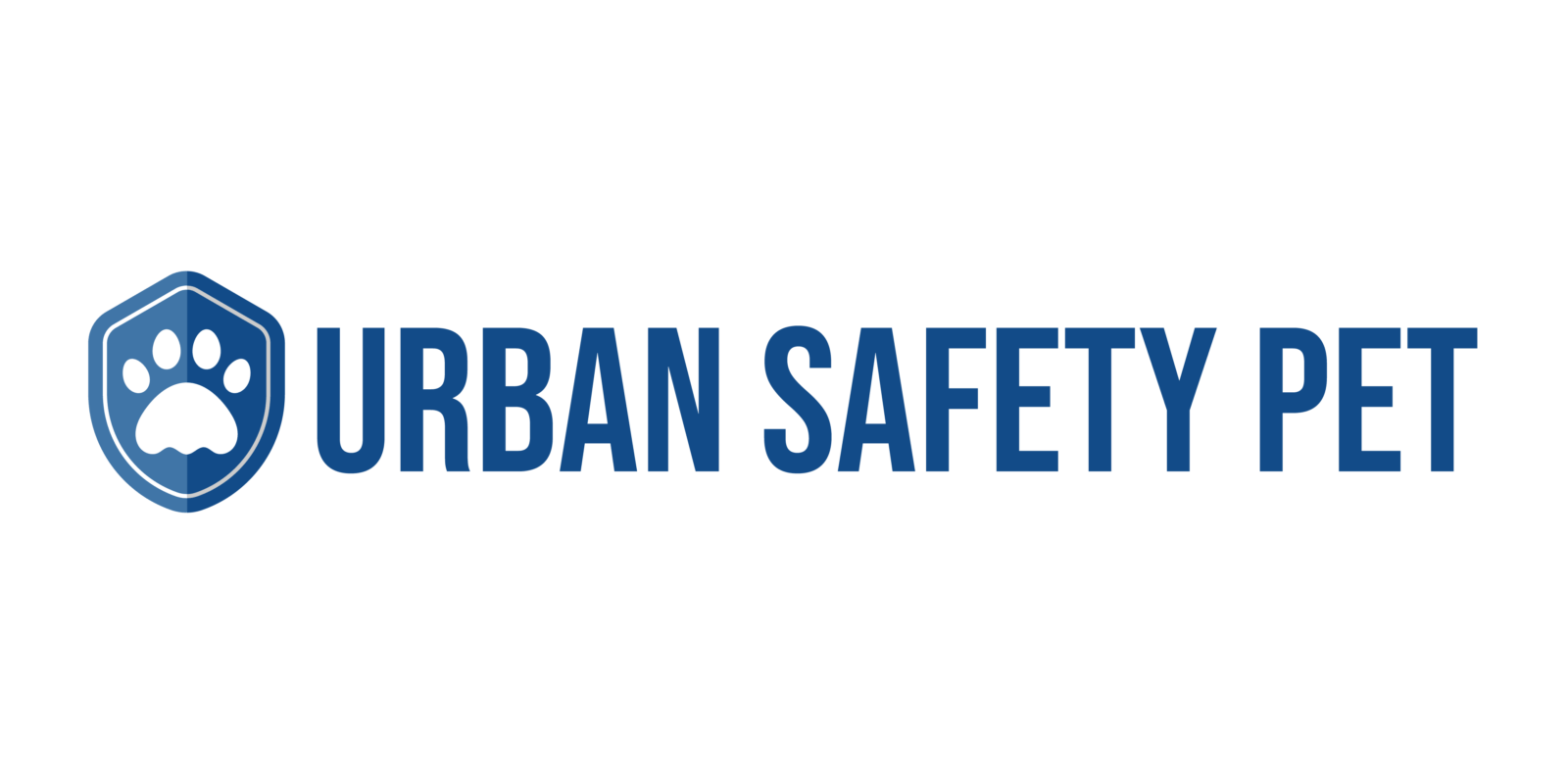Consequences of Limited Resources
Limited resources have farreaching implications across various aspects of society. Understanding the impacts of scarcity is crucial in shaping strategies to address these challenges effectively. This section delves into the consequences of constrained resources in both business and everyday life.
Economic Impact
The economic repercussions of limited resources are profound, influencing markets, prices, and consumer behaviors. Scarcity drives competition, as demand outstrips supply, leading to price increases and market volatility. This fundamental economic principle underscores the delicate balance between available resources and the needs of a growing population.
Placeholder: which statement best describes the impact of scarcity?
Environmental Consequences
The finite nature of resources has significant environmental ramifications, as overexploitation and depletion threaten ecosystems worldwide. Deforestation, water scarcity, and pollution are direct consequences of resource scarcity, exacerbating climate change and biodiversity loss. Adopting sustainable practices is imperative to mitigate these environmental challenges and preserve the planet for future generations.
Social Implications
Limited resources have profound social implications, impacting access to essential services, education, and healthcare. Disparities in resource distribution create socioeconomic divides, perpetuating inequalities and hindering overall development. Communities must address these challenges collectively through equitable resource allocation and poverty alleviation initiatives.
Innovation and Creativity
Scarcity breeds innovation and creativity, as individuals and organizations are forced to find novel solutions to resource constraints. Necessity often fuels ingenuity, leading to advancements in technology, efficiency, and sustainable practices. Embracing constraints as catalysts for innovation can drive progress and shape a more resourceefficient future.
Personal Wellbeing
On a personal level, limited resources can impact individuals’ wellbeing, causing stress, anxiety, and uncertainty about the future. Financial constraints, lack of access to healthcare, and limited educational opportunities can significantly impact quality of life. Building resilience and adapting to resource scarcity are essential for maintaining mental and emotional wellbeing amidst challenging circumstances.
In conclusion, the consequences of limited resources are multifaceted and touch upon every aspect of society. Addressing these challenges requires a holistic approach that leverages innovation, sustainability, and social equity. By understanding the impacts of scarcity and working towards collaborative solutions, we can navigate the complexities of constrained resources and build a more resilient and prosperous future for all.



